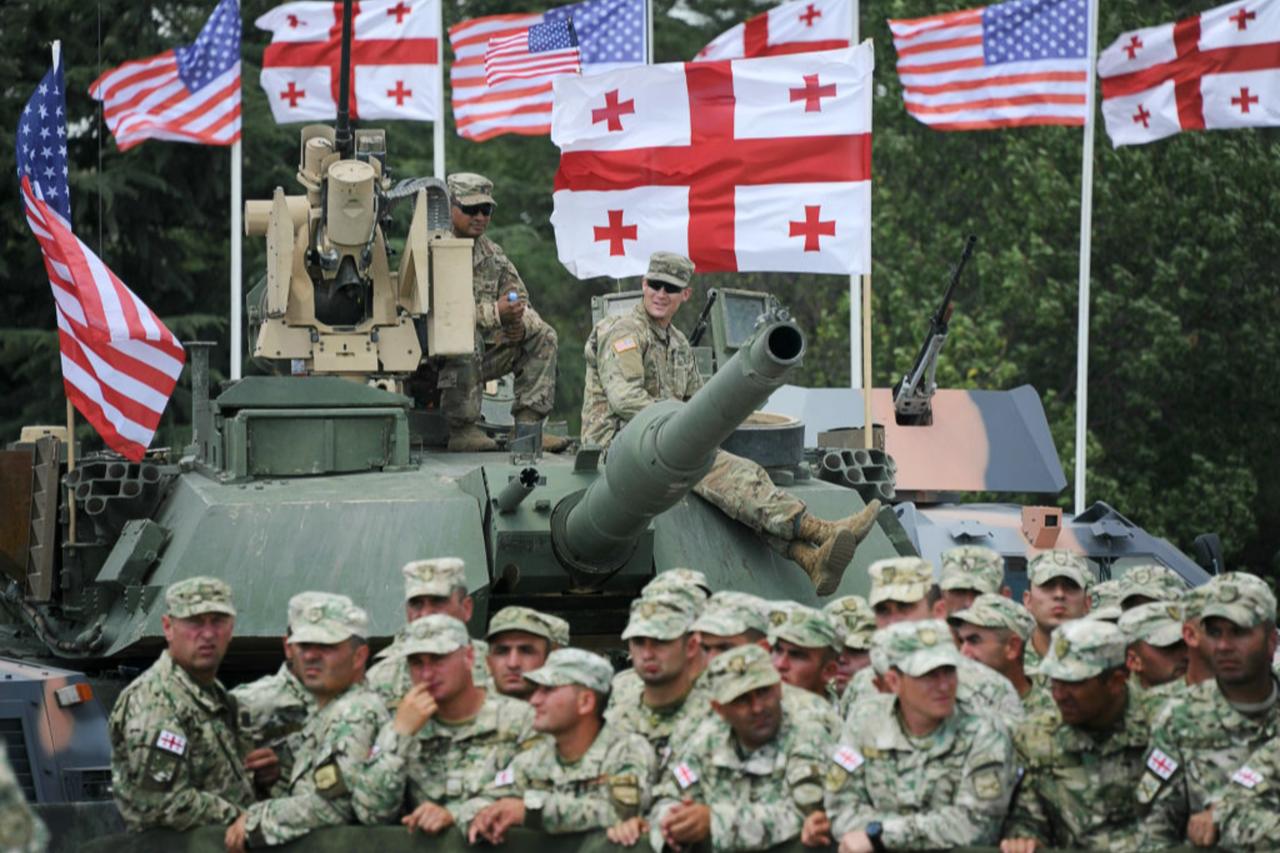
NATO said Wednesday it had been informed in advance of U.S. plans to reduce some of its troops deployed on the alliance's eastern flank, describing the move as an "adjustment" and nothing "unusual."
Washington's commitment to NATO remained "clear," and its military presence in Europe remained substantial, according to NATO officials.
The announcement came after Romania's Defense Ministry previewed the scale-down, saying the United States would halt the rotation of a brigade with elements stationed across several NATO countries.
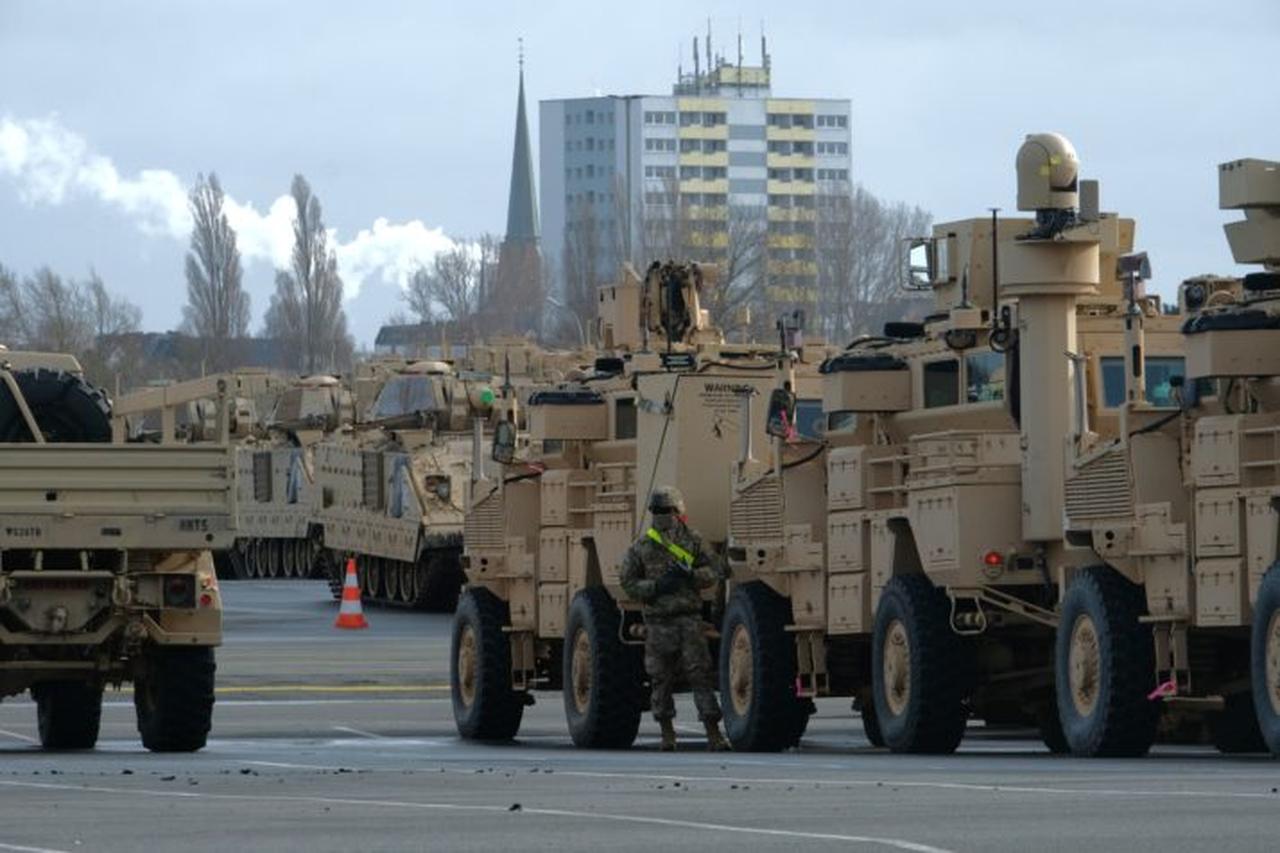
NATO officials sought to reassure members about the significance of the planned reduction.
"Even with this adjustment, the U.S. force posture in Europe remains larger than it has been for many years, with many more U.S. forces on the continent than before 2022," a NATO official told Agence France-Presse (AFP).
"NATO and U.S. authorities are in close contact about our overall posture to ensure NATO retains our robust capacity to deter and defend, and the U.S. authorities informed NATO of this adjustment in advance," the official said.
A NATO official added that adjustments to U.S. force posture were "not unusual" and that the alliance maintained "robust defense plans in place" designed to deter potential aggression and provide for collective defense.
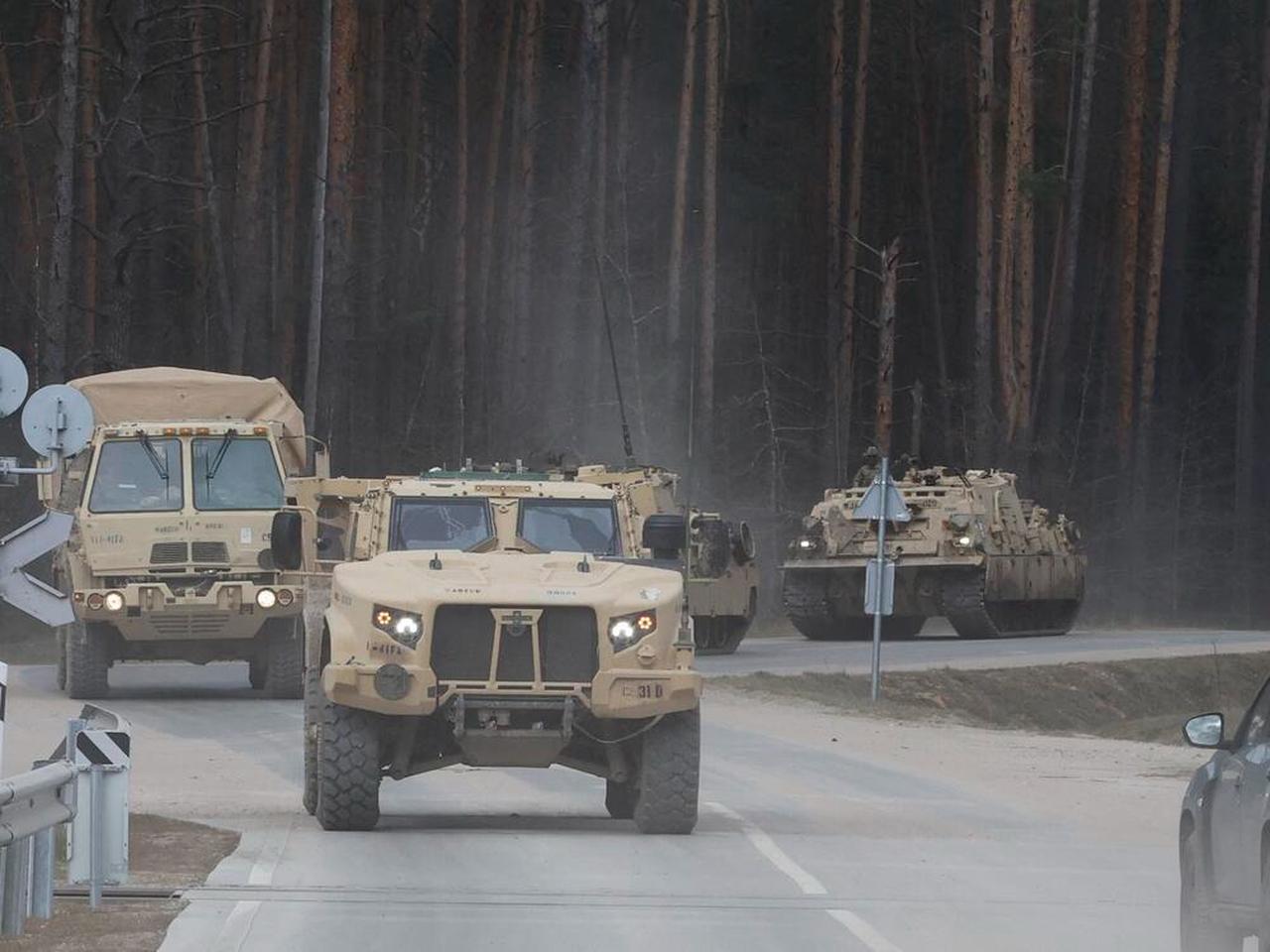
Romania's Defense Minister Liviu-Ionut Mosteanu clarified that the decision was not a complete "withdrawal" but rather a "cessation of the rotation of a brigade that had elements in several NATO countries, including Bulgaria, Romania, Slovakia, and Hungary."
"Approximately 1,000 U.S. soldiers would remain deployed in Romania," Mosteanu said, adding they would help "to deter any threat" and represent "a guarantee of the United States' commitment to regional security."
Mosteanu stressed that Romania's ties with Washington remained strong and that the country remained safe. "The allied presence remains considerable in Romania, from U.S. troops to France, Belgium, Luxembourg, Portugal, and North Macedonia," he said.
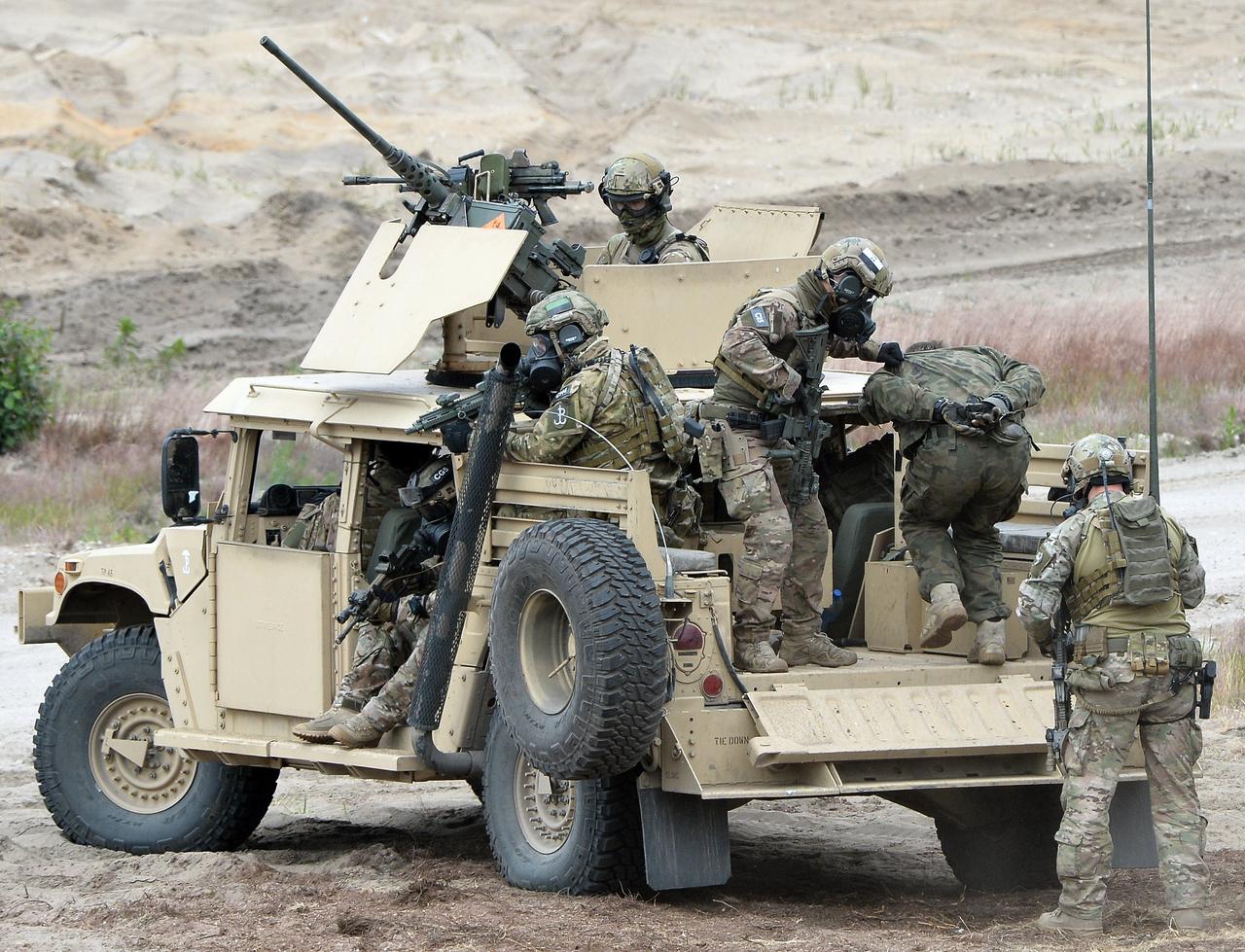
Mosteanu emphasized that strategic capabilities in Romania would remain unchanged.
The missile-defense system at Deveselu would remain "fully operational," and the Campia Turzii air base would "continue to be a key point for air operations and allied cooperation," he said.
"The Mihail Kogalniceanu base continues to be developed, and the American flag will remain present at all three sites," Mosteanu continued, adding, "An air-combat group will remain at the Kogalniceanu airbase, as was the case before the outbreak of the conflict in Ukraine."
Romania's Defense Ministry said the decision was "expected" and resulted from "the new priorities of the (U.S.) administration, announced in February."
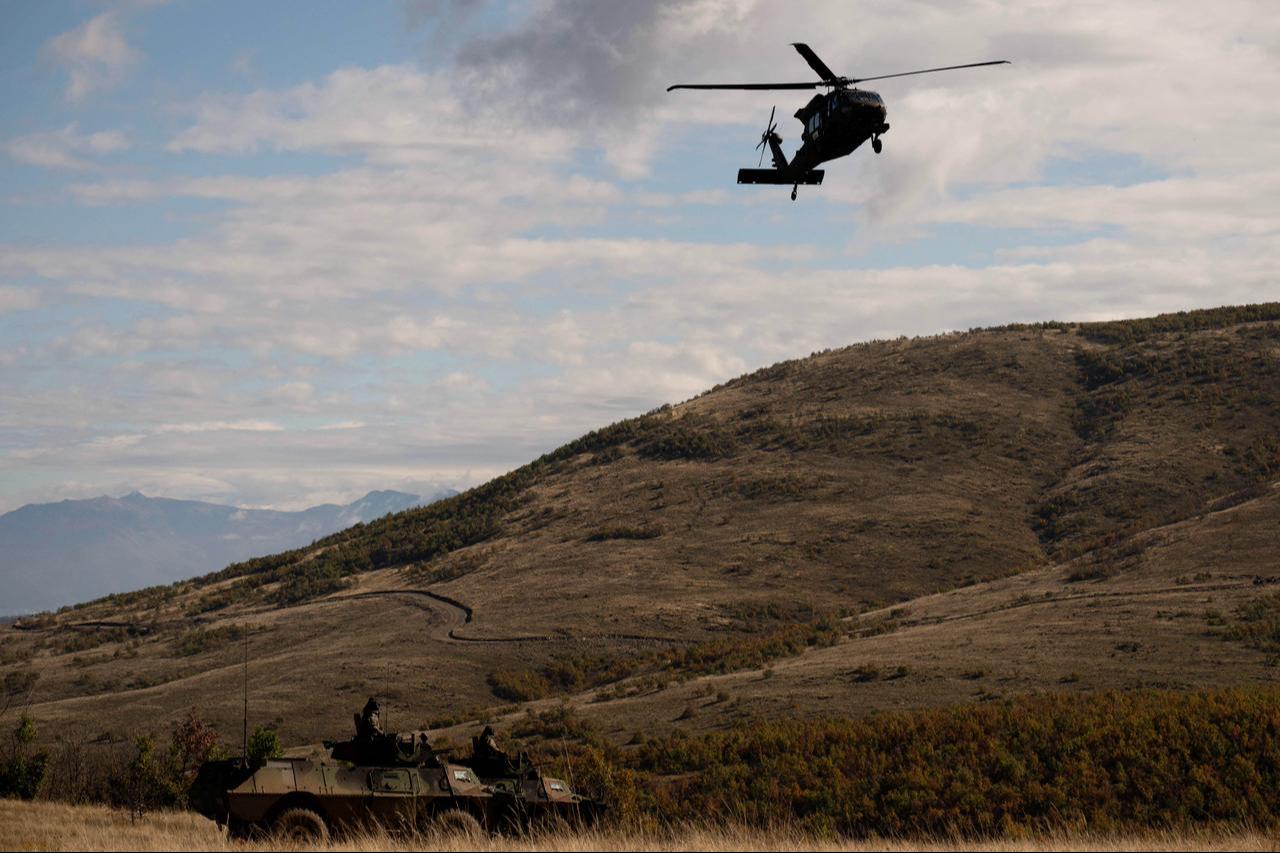
The U.S. reduction in Europe follows Washington's announcement that European allies would need to take more responsibility for their own security as the United States focuses more on its own borders and the Indo-Pacific region.
Italian Defense Minister Guido Crosetto told Sky that the United States' shift in focus began under former President Barack Obama.
"The U.S. is concerned about competition with China, and Europe must guarantee its own defense," Crosetto said.
The prospect of a U.S. pullback has raised concerns among allies, particularly given fears that Russia could look to attack a NATO country within the next few years if the war in Ukraine were to conclude.
However, NATO swiftly downplayed the significance of the planned U.S. reduction in personnel.
Despite concerns on NATO's eastern flank about the potential scaling back of the U.S. presence at a time when Russia continues to wage war in Ukraine, U.S. President Donald Trump said in September that Washington could increase its troop presence in Poland.
Polish Defense Minister Wladyslaw Kosiniak-Kamysz told a news conference that Warsaw had not received any information about a possible reduction of U.S. troops on its territory.
Romania has received an advanced air defense system from the United States, which will enhance the country's ability to protect itself against drones breaching its airspace, according to Defense Minister Mosteanu.
The defense ministry said the U.S. decision to halt brigade rotations took into account "that NATO has consolidated its presence and activity on the eastern flank, which enables the United States to adjust its military posture in the region."
A NATO official emphasized that the alliance remained in close contact with U.S. authorities about force deployment.
"The U.S. commitment to NATO is clear," the official said, adding, "NATO has robust defense plans in place, and we are working to ensure we maintain the right forces and capabilities to deter potential aggression and provide for our collective defense."